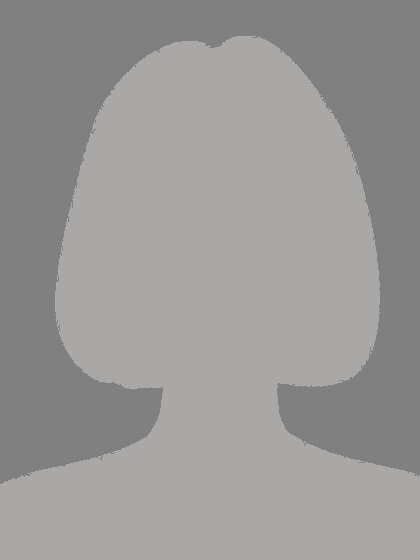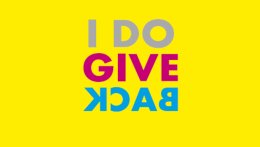ARABMED
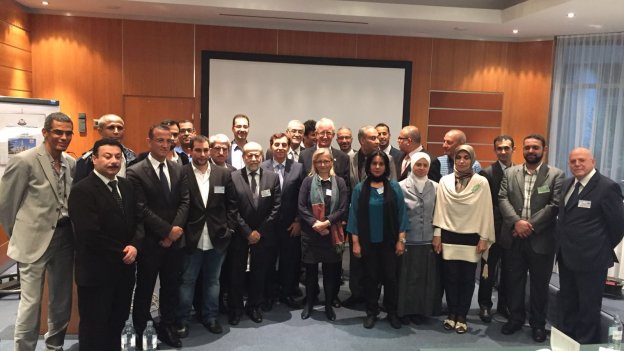 Privat
Privat
The participants of the 32rd annual ARABMED conference in September 2016 in Vienna
"We are grateful to the DAAD-Stiftung for its support and are confident that we have made a small but essential contribution to bringing about change in German-Arabic relations and to training Arabic doctors. "
The Arab Medical Union in Europe, established in Germany in 1983, is an association of Arab doctors living in various European countries. Concerned with medical, cultural and social exchange, ARABMED hosted its 32rd annual conference in Vienna in September of 2016, focusing on the management of refugees in the context of the world's health care infrastructure.
More information on the concrete issues discusses are documented below:
The 32nd ARABMED Congress took place in Vienna from 16–18 September 2016. The objective of the congress, apart from academic exchange between Orient and Occident, was to foster cultural dialogue and to discuss experiences with the various medical systems in crisis areas. The theme of this year’s congress was “refugee management from a medical standpoint”, which examined the impacts and challenges of the 2015 influx of refugees.
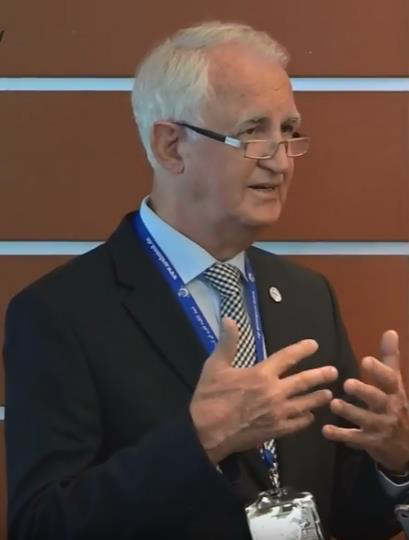
Privat
The congress represents a unique opportunity for encounters and exchange of experiences between Arabic doctors in Europe and their European colleagues. Doctors of Arabic origins have been well-integrated into European healthcare systems for many decades. However, physicians arriving with the flow of refugees, most of whom came from Syria and Iraq, are in most cases still involved in the protracted process of obtaining their licence to practise. At the same time, the many hundreds of thousands of refugees present an enormous medical challenge. They came not for economic reasons, but fled from persecution and life-threatening circumstances in their home nations.
Accordingly, the state of health of these people, who are often severely traumatised, requires special approaches. Among the refugees arriving in Germany and Austria, there are many doctors. But authorities do not permit them to work here, even though doctors are desperately needed in the overcrowded camps.
Entry into Europe for participants from countries facing political conflict is often very complicated in terms of obtaining a visa. For instance, seven persons had to cancel because they could not get a visa for Austria. Yet, it is exactly those participants who would benefit most from the training.
Dr Faidi Omar Mahmoud gave a 10-point appeal at the conclusion of his speech:
- Stop all wars worldwide
- Stop weapons exports
- Rather than promote infrastructure in the third world, drive scientific research
- Secure food and medical services for all needs and all refugees
- Faster professional integration of migrant doctors into Europe’s healthcare systems with case-by-case solutions and return of the doctors to their home countries after the conflicts are solved
- Free and safe treatment of the wounded in war zones
- Keep aid organisations and doctors from being arrested or killed while treating the wounded
- Control and finance asylum applications/integration centrally in the EU
- Make peace without violence through dialogue with all government parties
- The homeland is for everyone and has room for every citizen.
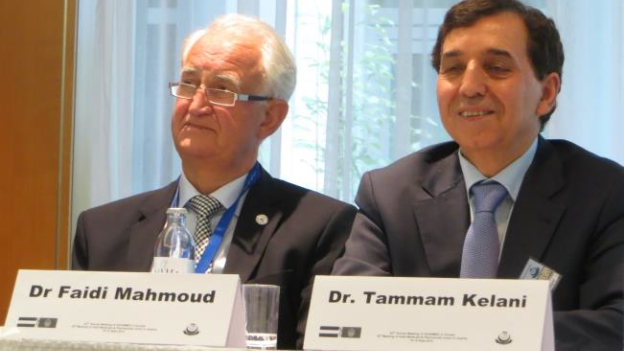
Privat
Dr Mahmoud also thanked the patron of the congress, Dr Michael Häupl, Mayor of the city of Vienna, and his representative, DI Omar Al-Rawi, as well as the discussion leaders and speakers, the international guests, migrant and administrative organisational committees, and the DAAD-Stiftung for the support that made it possible for so many refugee doctors to participate.
During the two days of the conference, professional sessions were held to discuss the living conditions of refugees:
- the “immigration countries” of Germany and Austria with their specific developments, structures and political recommendations
- the situation of doctors among the refugees with regards to identity and duties
- refugee aid by German/Austrian-Arabic doctors or the medical task force specially established in Austria, which uses the networks of established doctors for new doctors
- personal reports of the refugee experience and the situation of Arabic doctors in their new home
- language difficulties, education and individual training;
- healthcare for refugees in Europe
- professional and humanitarian challenges faced by doctors in the arrival countries of refugees
- the efforts of host nations and political recommendations for refugees; incentives and duties of refugees to adapt to the new situation in the arrival countries
With 130 participants at this event, among them many respected experts, decision-makers and representatives of renowned institutes, 19 education points were earned. We are grateful to the DAAD-Stiftung for its support and are confident that we have made a small but essential contribution to bringing about change in German-Arabic relations and to training Arabic doctors.
As of spring 2017. The German version is the original.

